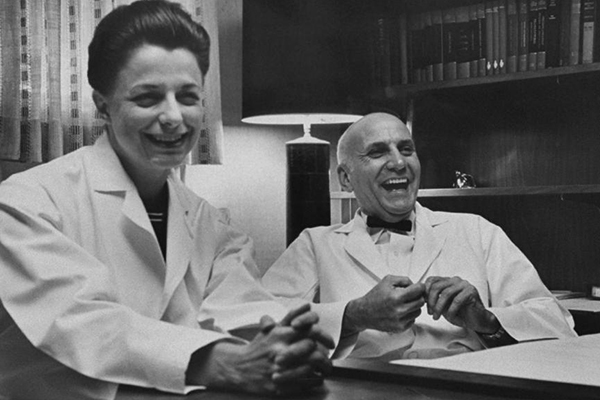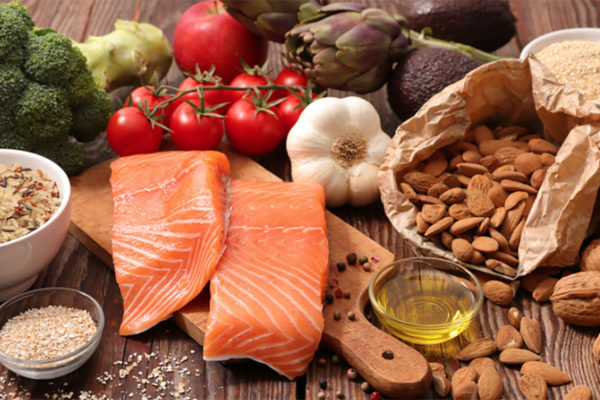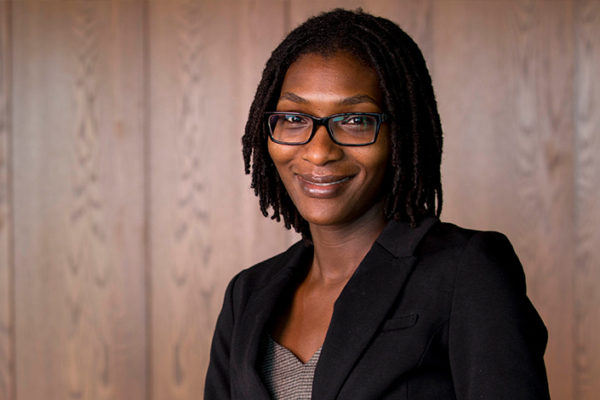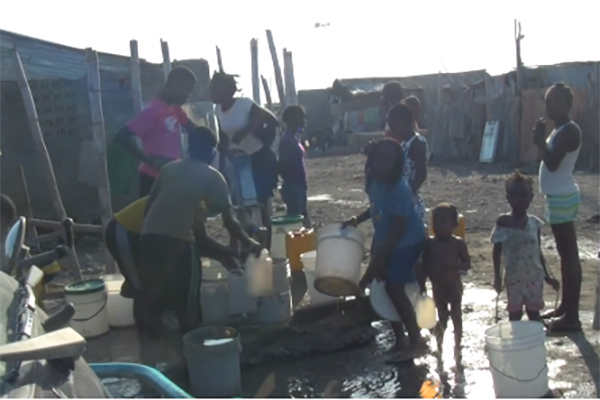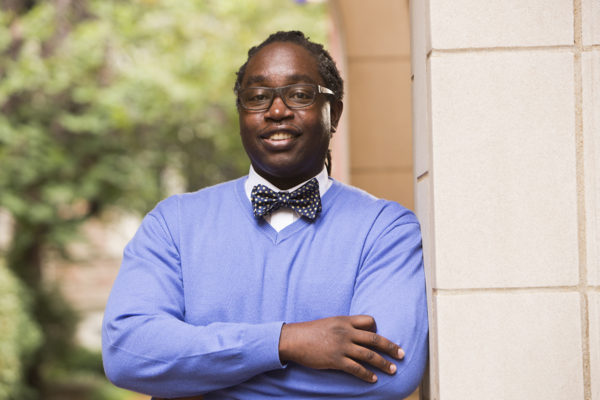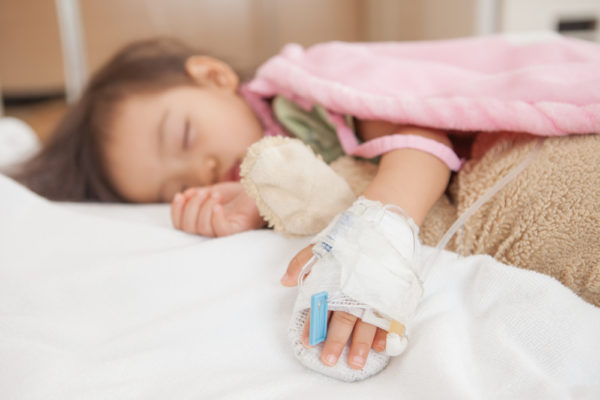Masters and Johnson to be honored through annual lecture
The inaugural Masters and Johnson Annual Lecture, “The Beautiful Tension: Would Masters and Johnson Have Said Sex Is More Like Dancing or Digestion?” will be presented at 5:30 p.m. Tuesday, Nov. 14, in the Clark-Fox Forum at Hillman Hall. Leonore Tiefer, founder of the New View Campaign, which opposes medicalization of sexuality, will deliver the talk.
WashU Expert: Is a bipartisan approach to fixing Obamacare feasible?
The bipartisan bill proposed by U.S. Sens. Lamar Alexander and Patty Murray, aimed at shoring up the troubled health insurance markets, has some approaches that would help fix the marketplaces, but more changes are needed, says a health economist at Washington University in St. Louis.
Eating more like our ancestors would improve human health
Malnutrition problems can be traced to poor-quality diets lacking in diversity, a recent phenomenon in evolutionary history, according to a new paper from the Brown School at Washington University in St. Louis.
WashU Expert: Opioid crisis more than what Trump calls ‘public health emergency’
President Donald Trump’s Oct. 26 announcement that the opioid epidemic is a “public health emergency” rather than a “national emergency” goes against the understanding of most authorities, said an expert on substance use disorder treatment at Washington University in St. Louis.
Washington People: Sheretta Butler-Barnes
Sheretta Butler Barnes, assistant professor in the Brown School at Washington University in St. Louis, focuses her research on structural racism and inequalities in education. In this video, she talks about her motivation and her work, including a program to encourage girls of color in STEM subjects.
Choosing between work and breastfeeding in Haiti
New mothers in poor urban communities may feel the necessity to work and have a measure of food security rather than trying to find the time and ability for exclusive breastfeeding, a health issue that could be rectified with social support, researchers from the Brown School at Washington University in St. Louis found in a study in Haiti.
WashU Expert: CHIP demise devastating to millions of American children
Congress has allowed the federal Children’s Health Insurance Program (CHIP) to expire as of Oct. 1, leading to the demise of one of the most successful government programs ever implemented, said Tim McBride, an expert on health economics at Washington University in St. Louis.
Disparities in educational experiences of black youth
A more comprehensive picture of mental health that includes subjective well-being and other positive mental health characteristics could lead to more successful educational experiences among black youth, finds a recent study from Sean Joe, professor at the Brown School at Washington University in St. Louis.
Time to step it up, America
The United States earns failing grades when it comes to the number of people walking to work and school and the number of walkable communities, finds a new national report. Amy Eyler, associate professor at the Brown School, serves on the advisory panel for the National Walking and Walkable Communities Report Card, released Sept. 14.
Does health insurance status affect childhood cancer survival?
Privately insured children and those with Medicaid at the time of a cancer diagnosis experience largely similar survival trends, with slight evidence for an increased risk of cancer death in children who were uninsured at diagnosis, finds a new study from the Brown School at Washington University in St. Louis.
View More Stories
